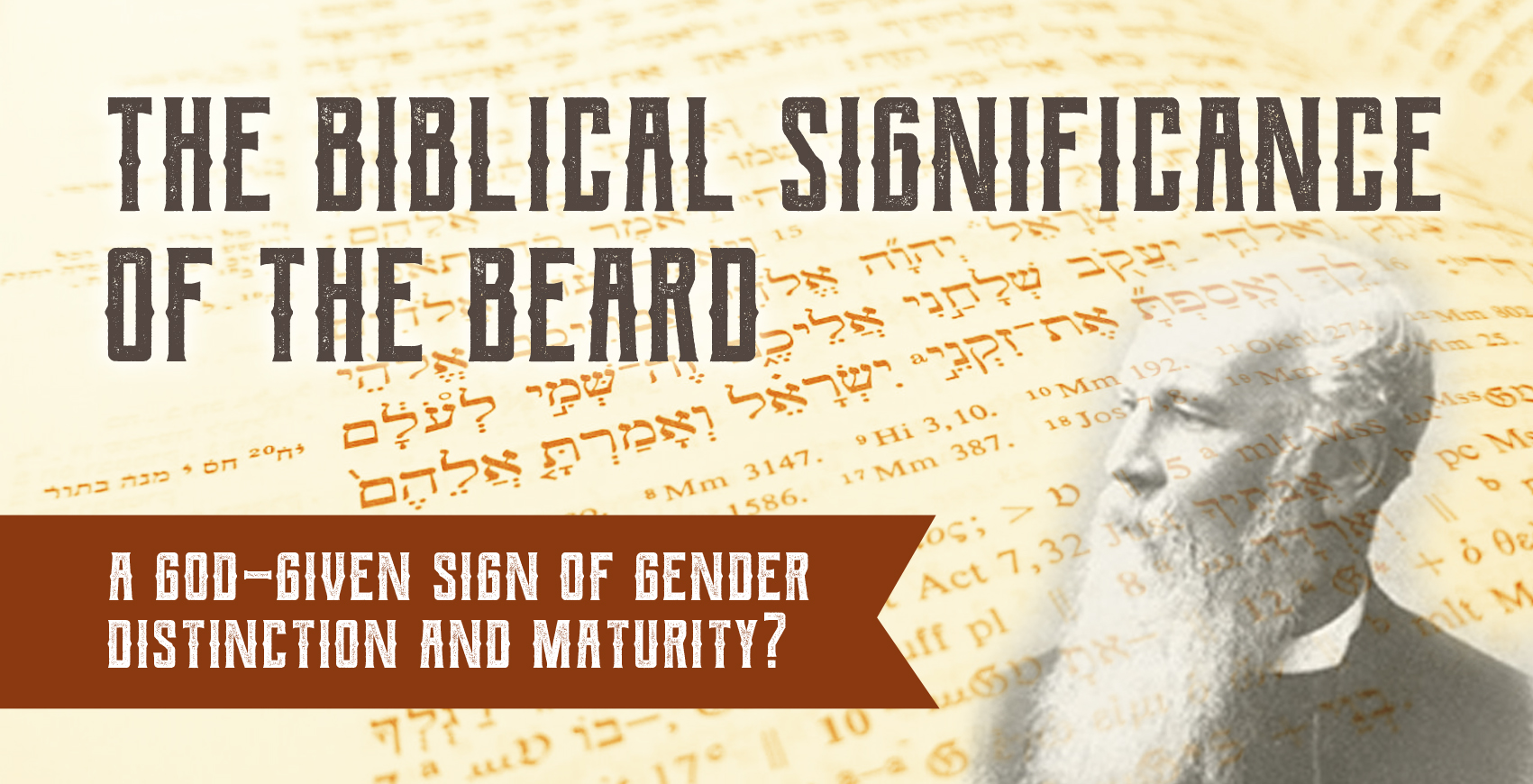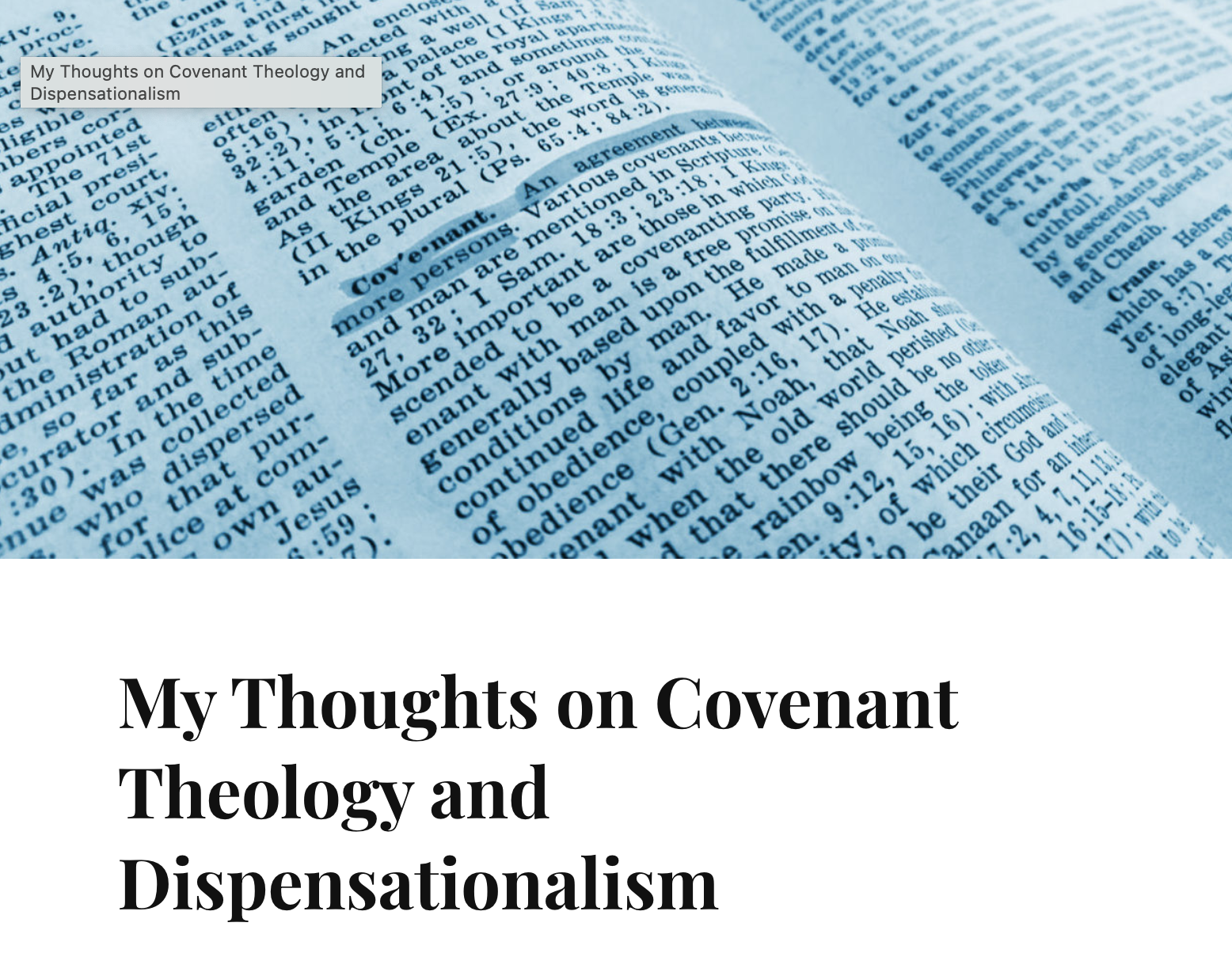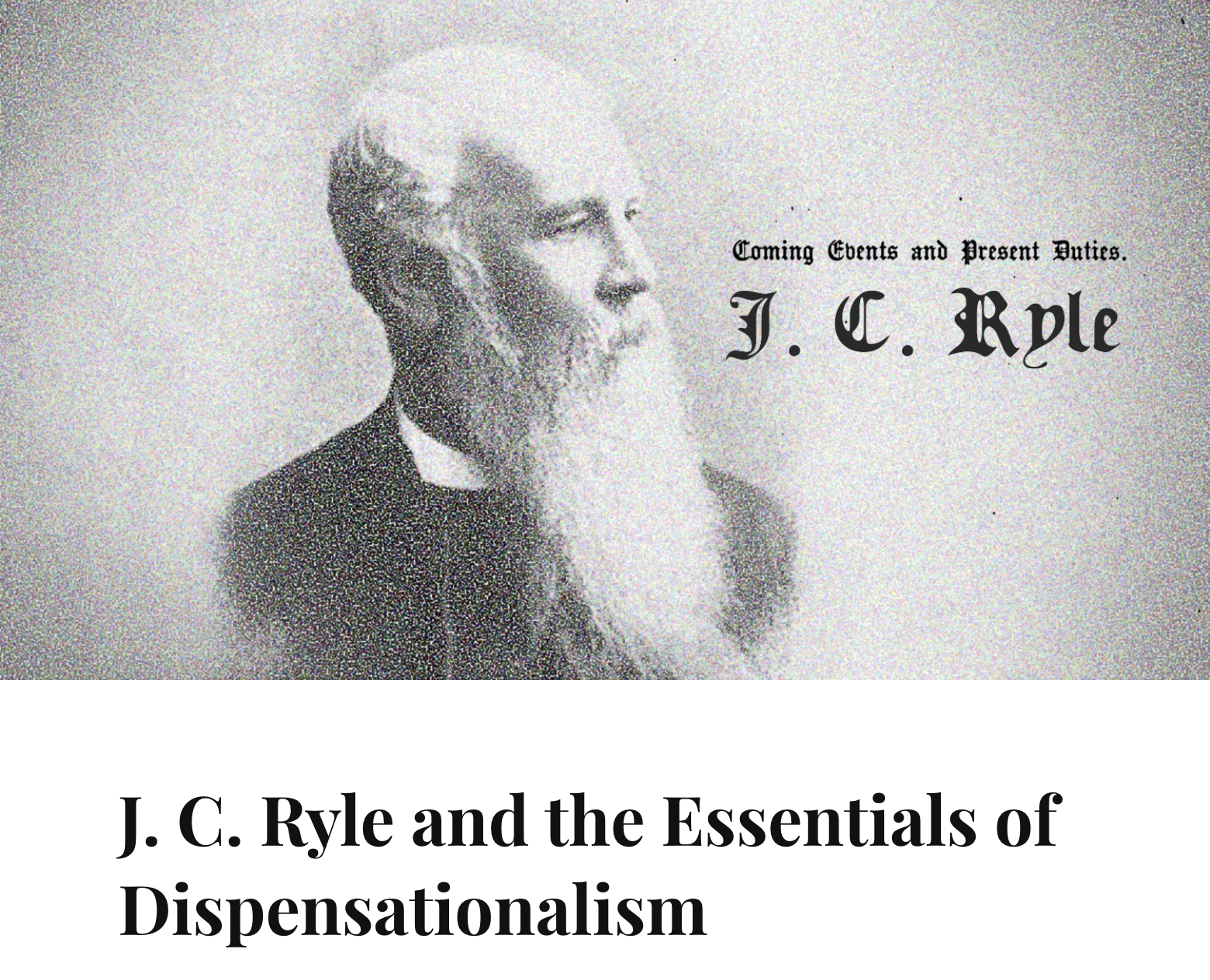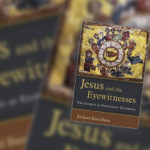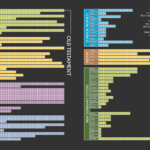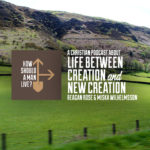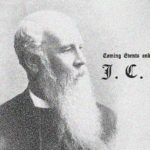Flipped Media produces this high quality short documentary about our family and our homesteading journey here in Sastamala, Finland.
Category: Christian Worldview

Question: Are humans made up of a spirit, soul and body? Do we have three parts as a human being? More? Less?
My answer:
This is something that good and godly Christians can have disagreements about. In fact, there are even specific terms for the two major views regarding this issue.
First, there is the ‘trichotomy’ view, which proposes that humans are indeed made up of three different parts (hence the name, which refers to a three part division). These three parts consist are the body, soul, and spirit.
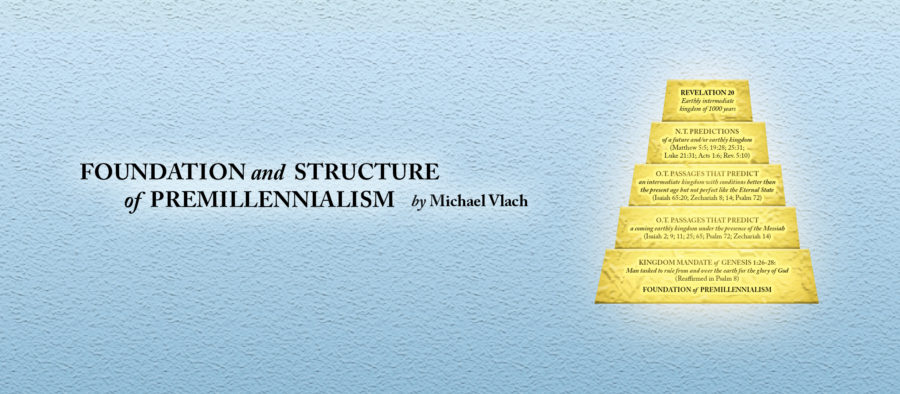
Is premillennialism based only on Revelation 20? Certainly not.
Here’s an excellent overview chart “Foundation and Structure of Premillennialism” by Dr. Michael Vlach.
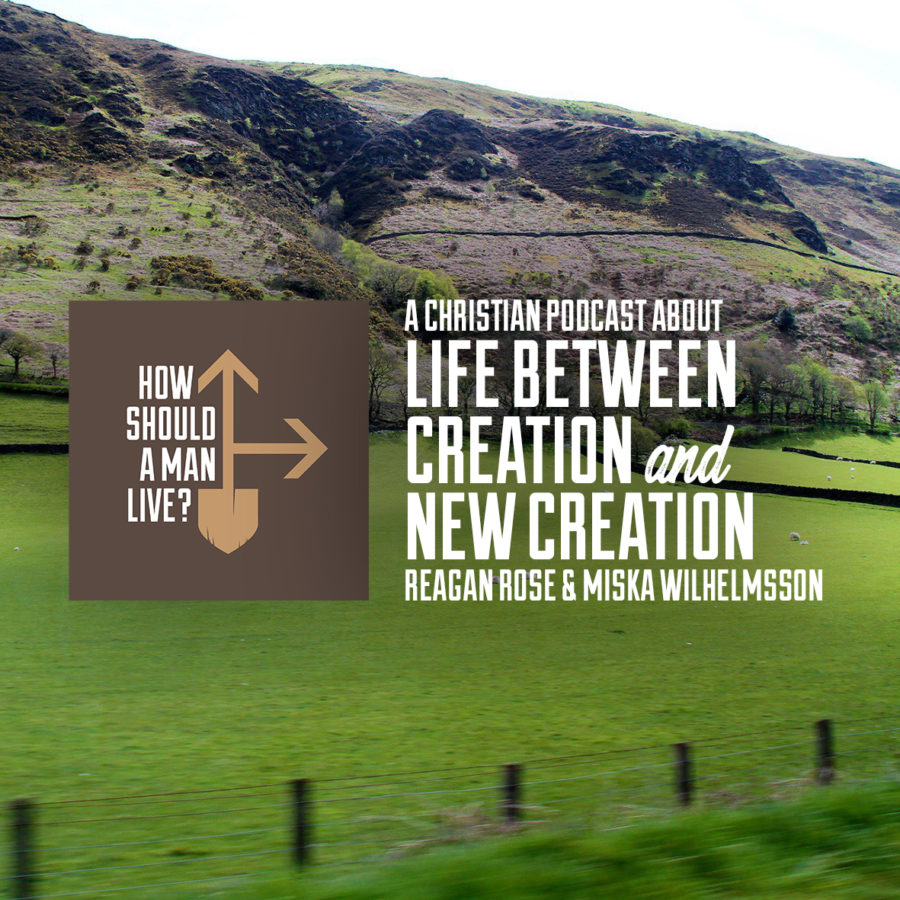
A few months ago, me and my good friend Reagan Rose started a new podcast project. Reagan has been doing podcasts for a while already (check Redeeming Productivity) but for me this was a completely new venture. The podcast is called ‘How Should a Man Live?’ and the first four episodes are available on iTunes, Spotify, Google Podcast, and our website: www.howshouldamanlive.com

What is New Creation Eschatology, and how is it different from what has been called the Spiritual Vision model? How do these models affect our understanding of the Bible, and God’s purposes for mankind? What relevance does it have for daily living as a Christian?
Let’s begin by some basic definitions for both of these models. The Spiritual Vision Model is a term used to describe the general view that would state that God’s ultimate purposes are only spiritual, therefore disregarding the physical realm as somewhat unnecessary or even inherently evil. Whereas, the New Creation Model places emphasis on both the physical and spiritual aspects of God’s creation, disregarding neither of them as evil or unnecessary.

PERSONAL NOTE: Every now and then I get comments from fellow Christians suggesting that it might be unsuitable for Christian men to have beards. For the purpose of publicly explaining my views on the matter, below is the contents of a seminary research paper I have written on the subject, for which I got very encouraging feedback from my professor. Just to be clear, these are simply my own personal views (even though I certainly believe them to be biblically based) and do NOT represent any official view of the church where I have the privilege to serve. Neither do I seek to make others agree with me, rather I simply want to clearly express my own views on this minor topic, for the purpose of helping others understand my biblical reasoning on the matter, even if they end up disagreeing with my conclusions. Anyway, below is the article, which is obviously a little longer than a normal blog post, due to it being a research paper. I hope it will be helpful for others thinking through the issues involved in this subject.
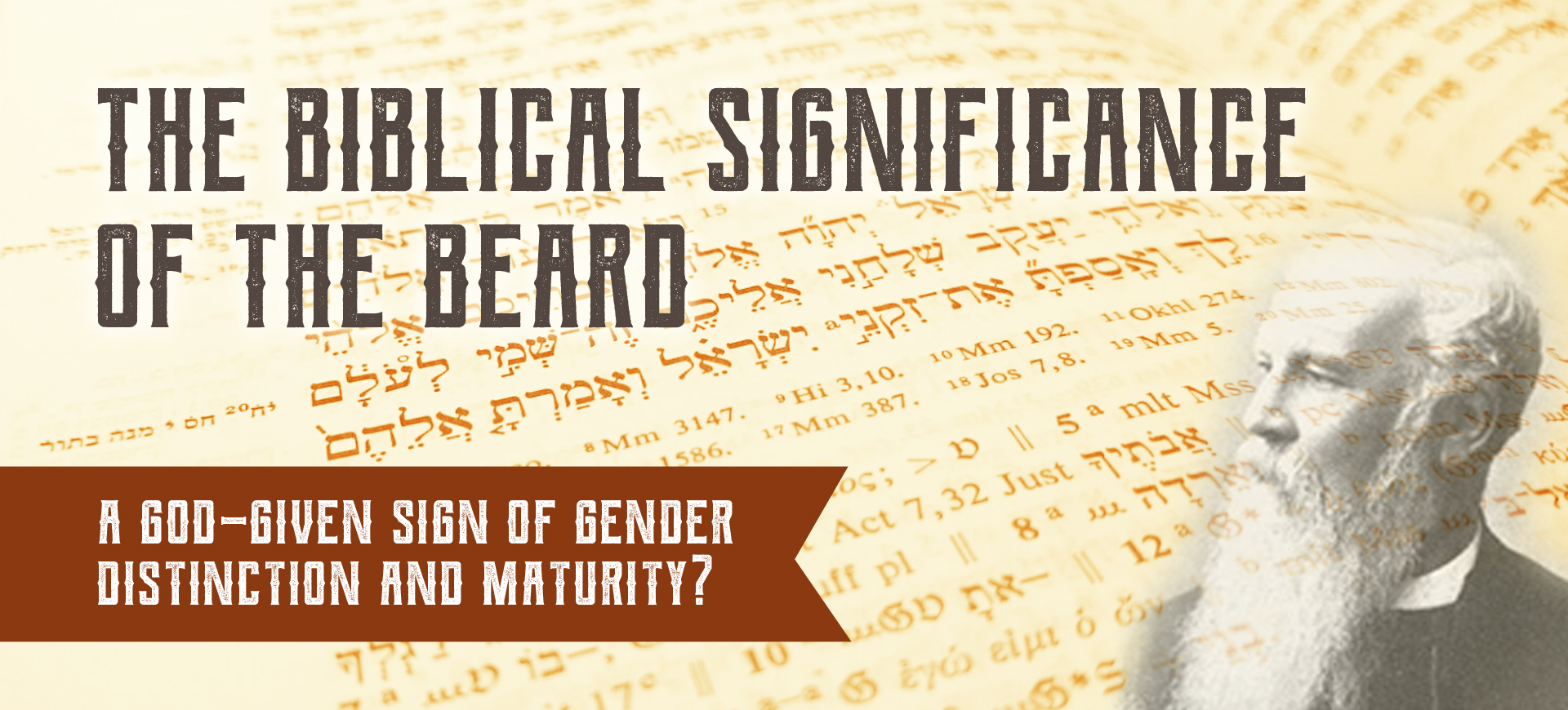
Introduction
In the well-known fictional work, The Screwtape Letters by C. S. Lewis, there is a somewhat interesting remark made by the senior Demon ‘screwtape’ as he is instructing the younger demon on how to entice humans to sin,
“Thus we have now for many centuries triumphed over nature to the extent of making certain secondary characteristics of the male (such as the beard) disagreeable to nearly all the females–and there is more in that than you might suppose.”[1]
Was C. S. Lewis actually on to something with this strange comment by this fictional demon? Is there actually a God given purpose for the ‘secondary characteristics of the male’, the beard in particular? Does the suppression of this natural symbol of manliness actually signify something more than one might first suppose? Even more specifically, is it completely foolish to even suggest that there might be good biblical reasons for men to have beards? In fact, could the beard even be considered a sign of gender distinction and maturity?


